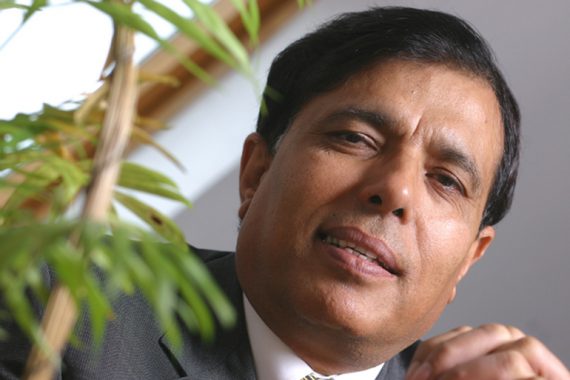Mass resignation will happen if the Government continues to ignore GPs

I have no doubt that GPs will campaign for mass resignation if the Government continues to ignore their plight. Since last month’s LMCs conference, where the motion was passed to ballot the profession on its willingness to submit undated resignations, I have rarely met or talked to a GP without the topic of resignation being raised. The combined pressures of an ageing population with complex health needs, funding cuts, soaring medical defence costs, and lack of incentives for new trainee doctors has left GPs dangerously overstretched, paying huge amounts for locums and at breaking point.
No-one can withstand the pressures GPs are now under
Piecemeal, sticking plaster solutions are a waste of time and no good in reversing the impending recruitment and retention crisis. There are fewer GPs per head of population in the UK than in most other developed countries and we spend less than 10% of the NHS budget on primary care. The European Commission reported in 2014 that we had fewer GPs per head than Bulgaria and Estonia, and remember we still are the 5th richest economy in the world. Primary care is on the verge of collapse.
No-one can withstand the pressures GPs are now under and there is no prospect of any let up. GPs want to do their job but they do not have the tools to do it and it is not safe for patients. At present, many are working 11-hour days seeing up to 50 patients daily, with all the accompanying paperwork that entails. It is no wonder that so many GPs are taking early retirement. It is time people woke up and realised that they cannot expect a Rolls Royce or even a BMW service with the resources we have. What we have is a knackered Skoda. It appears the Government is deliberately pushing general practice off the cliff, so they can introduce a two-tier medical system similar to the dental system. If the present administration believes that it could starve the general practice into submission and bring in private providers to take over, it will be mistaken too. By which time it will be too late for primary care to be rescued and care will be much the poorer (and more expensive) for it.
The plans to recruit 5,000 new GPs is more of a wish list, the case for a seven-day GP services is based on flawed evidence and is neither workable nor needed. A promised £2.4bn rise in GP funding by 2020/21 is welcome news, but in my view a significant number of key questions for sustainabity of general practice remain unanswered. We still don’t know where this money is coming from. Practices are bleeding now and need jam today, not a promise for tomorrow. What is needed is to look at the terms and conditions of general practice, and an answer to the million-dollar question: why are so many GPs struggling to cope? We need stabilisation of general practice – a moratorium on PMS reviews, halting the MPIG withdrawal, reducing ever-growing bureaucracy, pointless CQC inspections and extension of crown indemnity to the general practice. Primary care needs much better planning, more GPs and a serious look at the way it is funded.
The profession has been brought to its knees both by a chronic slump in investment and the fact that there are now simply not enough family doctors to go around. General practice is at the heart of the NHS and if it is left to wither, as is the case now, it could sow the seeds of an unprecedented disintegration of the NHS at all levels. Mass resignation is on the cards, if the Government does not heed the strong messages coming from coal-face GPs.
Dr Kailash Chand OBE is the deputy chair of the BMA, and a retired GP
Pulse October survey
Take our July 2025 survey to potentially win £1.000 worth of tokens













